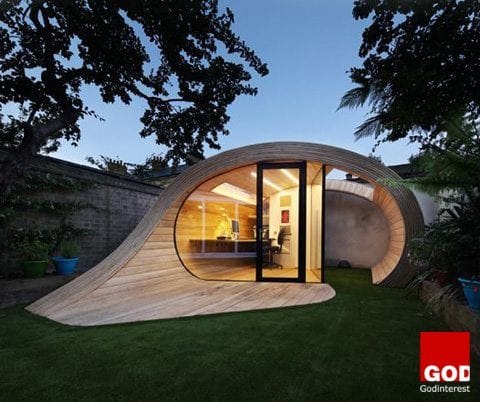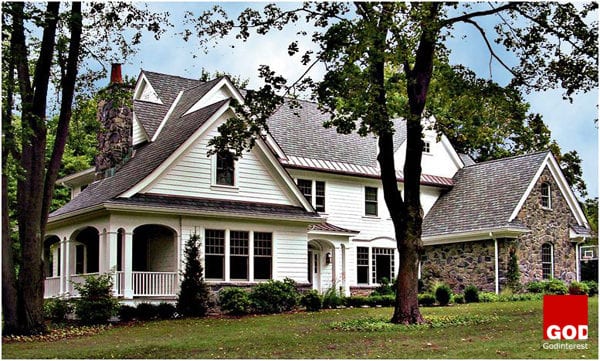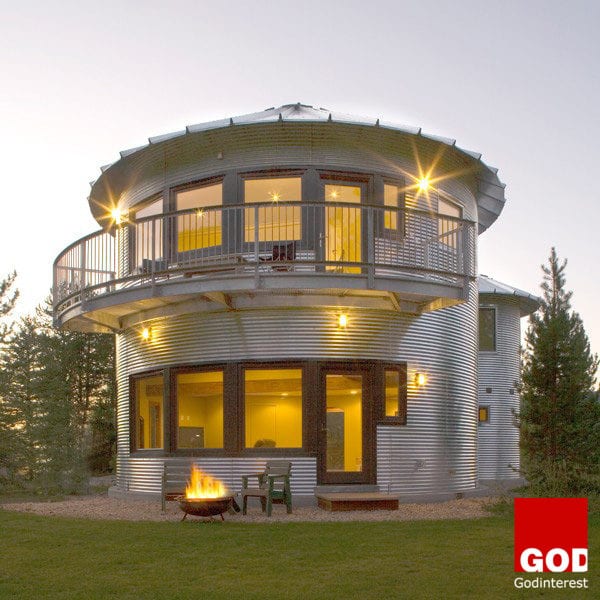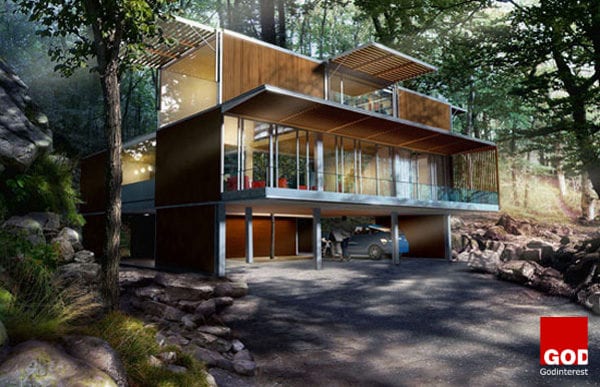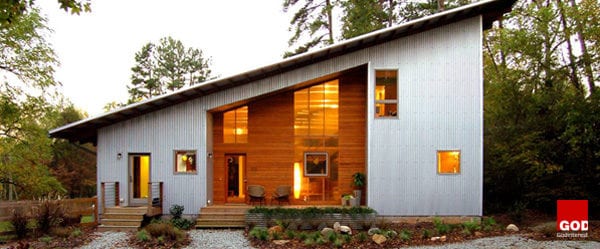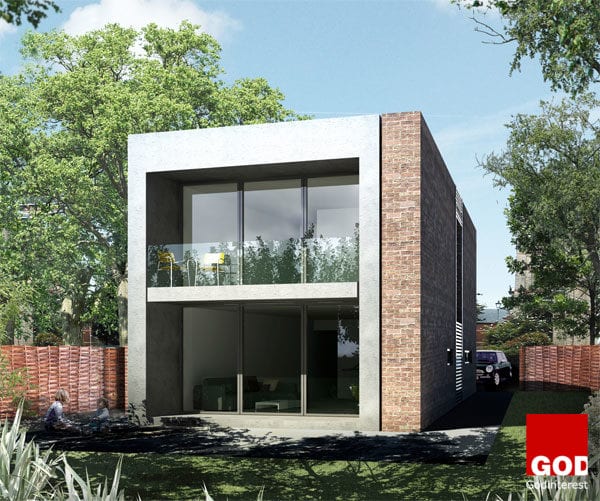Only one in three software projects will turn out to be successful. According to Standish Group’s 2015 Chaos report, 66% of technology projects (based on the analysis of 50,000 projects worldwide) end in partial or total failure. More surprisingly, these statistics have been the same for the last five years, the report shows. Furthermore, 17% of large IT projects go so badly that they can threaten the very existence of a company.
On Average, Large It Projects Run 45% over Budget and 7% over Time, While Delivering 56% Less Value than Predicted
Despite such failures, huge sums continue to be invested in IT projects and written off. For example the cost of project failure across the European Union was ┚¬142 billion in 2004.
It Projects Always Come with an Element of Risk, but There Are Huge Gains to Be Had If We Can Just Avoid Some of the Factors That Contribute Frequently to Project Failure
What makes a IT project successful, though?
According to the Standish Group, a successful project is on time, on budget and has satisfactory results (value, user and sponsor satisfaction, and meets target requirements). Other measures of success are widely known and accepted as true such as getting requirements right, providing effective leadership, and having full support and engagement from sponsors and users. Without these, it’s unlikely that any project would succeed.
But there’s more to success than what is widely known and, apparently, rarely followed. To reduce the risk of failure for your tech project, here are six key actions to take on the road to success.
1. Executive Vision and Involvement
Without a Executive Senior Sponsor Its Easy for Projects to Fail with the Organizational Resistance That Accompanies Large Change
Executive involvement is a primary variable in predicting the success of an IT project. Having a leadership team aligned across an organization articulating the purpose, value, and rationale for a project goes a long way towards getting stakeholders and end-users pulling the proverbial rope in the same direction.
2. Have a clear view of scope and timetable
Oftentimes, a tech project flops because its developers fail to plan and rush forward with an idea. However, some project managers plan so meticulously that they end up falling behind and lose momentum. The best approach is somewhere in between.
Interviewing team members, documenting requirements, prioritizing what is “mission critical” versus “nice to have,” getting agreement across stakeholders can feel like a never-ending cycle. As a result, requirement gathering has fallen out of fashion with many organizations in the past few years.
However, the ideal starting point for a successful technology project is to have a set of fundamental requirements with sufficient detail to develop against.
Requirement Gathering Is Labour-intensive and Challenging but Remains the Roadmap and Measuring Stick for Software Projects
This approach allows you to maintain sight of the business benefits as well as engaging stakeholders and responding to their feedback. In combination with a clear business case, a well-defined set of requirements also simplifies design and testing, two areas where projects tend to go sideways.
Ensure that requirements for the project are clearly defined and agreed upon among stakeholders and that you have a way to track, measure, and manage changes in requirements as appropriate during the project.
3. Define how you will deliver
When it comes to delivering a major project, one size does not always fit all. All products are customizable to some degree, so what might have worked in one company may not work in another company.
That being said, why reinvent the wheel if it’s already proven successful? Sometimes it can be more beneficial to use an existing off the shelf solution. Whichever direction you take, choose the delivery mode that works best for your company.
4. Risk Identification and Management
Every project has risk and there are many factors out of your control. People leave the organization, for better or worse, leadership changes, budgets get cut, however, many risks to projects can be mitigated or even eliminated with some forethought and on-going management. For example, do you have the resources you need to deliver the project (resource risk). Are project goals clearly understood and requirements clearly defined (scope risk). Do you have a realistic project plan and timeline (time risk).
Mitigating Risk Is a Combination of Science and Art, and Always a Balancing Process
5. Test your product again and again
A technology project is something that should overall support your business. It should not be something that dictates and forces you to change your operations. If this is happening, you should shift gears and focus on tweaking the technology, rather than lowering expectations and adopting less ideal requirements.
Adequate testing is a must for any tech project. While some features may be fine with automated testing, the best approach is to have a dedicated testing team. Testing activities should mirror those with the development team throughout the project’s lifetime. With thorough testing, a project should deliver with less design flaws or missing requirements.
6. Prioritize simplicity and performance
Developers often leave the external look and feel of a product to the wayside thinking these things are not necessities for the consumer to enjoy. However, user experience is absolutely critical to the success of the project.
Developers must consider things like storage, network requirements, processing speeds and overall performance in order to satisfy the customer. If users are going to have to wait for an extended period to allow information to load, there must be a good reason for the wait, otherwise they won’t return for future products.
Simplification and Improved Efficiency Is What Adds Value
Ultimately, using the product should be a smooth and intuitive experience. Additionally, tools and alternative routes must be placed logically without being intrusive. The process can be complicated, but the finished product should emit simplicity. After all, that’s what makes companies like Apple so successful. Simplification and improved efficiency is what adds value.








